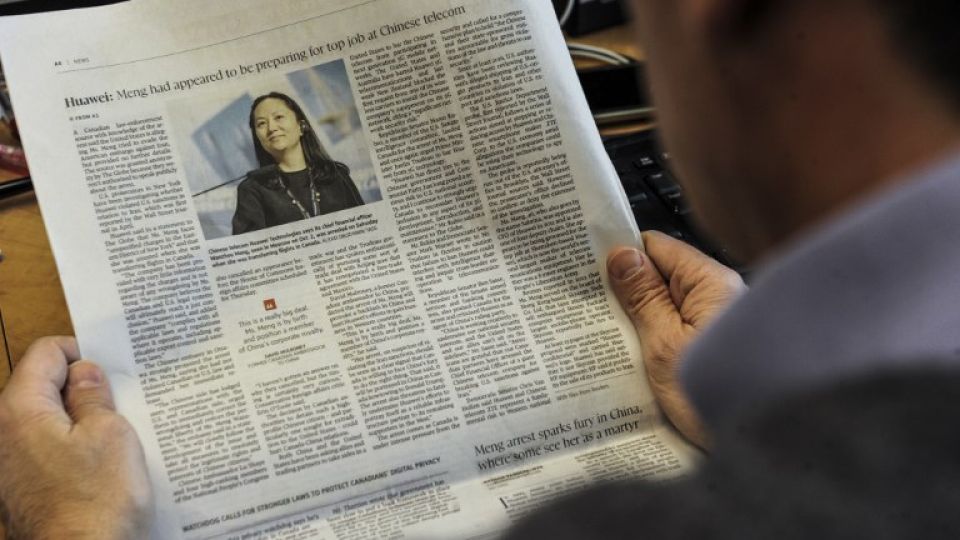February 20, 2020
The Chinese embassy’s statement objecting to an article published by the Post is against press freedom and breaches diplomatic protocol, they say.
Nepal’s media fraternity and proponents of a free press and freedom of expression have taken serious exception to a statement by the Chinese embassy in Kathmandu regarding an article published in The Kathmandu Post.
In its statement issued on Tuesday, the Chinese embassy not only objected to the article and the accompanying illustration published on the Post on February 18, but also identified the Post’s Editor-in-Chief by name, employed disparaging language, and went so far as to make a veiled threat of “further action.”
The Post had republished the article, titled ‘China’s secrecy has made the coronavirus crisis much worse’ by Ivo Daalder, a former US ambassador to NATO, which was originally published in The Korea Herald, a member of Asia News Network. The accompanying illustration showed Mao Zedong wearing a mask.
The statement, which was circulated to various media outlets via email, was also shared by Chinese Ambassador Hou Yanqi on Twitter, a social media platform that is banned in China.
Freedom Forum, a civil liberty group that advocates for free speech and media freedoms, issued a statement saying it is concerned about the Chinese embassy’s statement.
“The article is not hate speech. It was just the expression of opinion,” said Freedom Forum in its statement. “As Nepal is a democratic country, freedom of expression and press freedom are rights guaranteed by the constitution of Nepal. Hence, the Embassy of China releasing such a statement is unacceptable and also it is against the notion of press freedom.”
Earlier, on Wednesday afternoon, 17 editors of Nepal’s dailies and online portals condemned the Chinese embassy statement and reminded the embassy that full press freedom is guaranteed by Nepal’s constitution.


